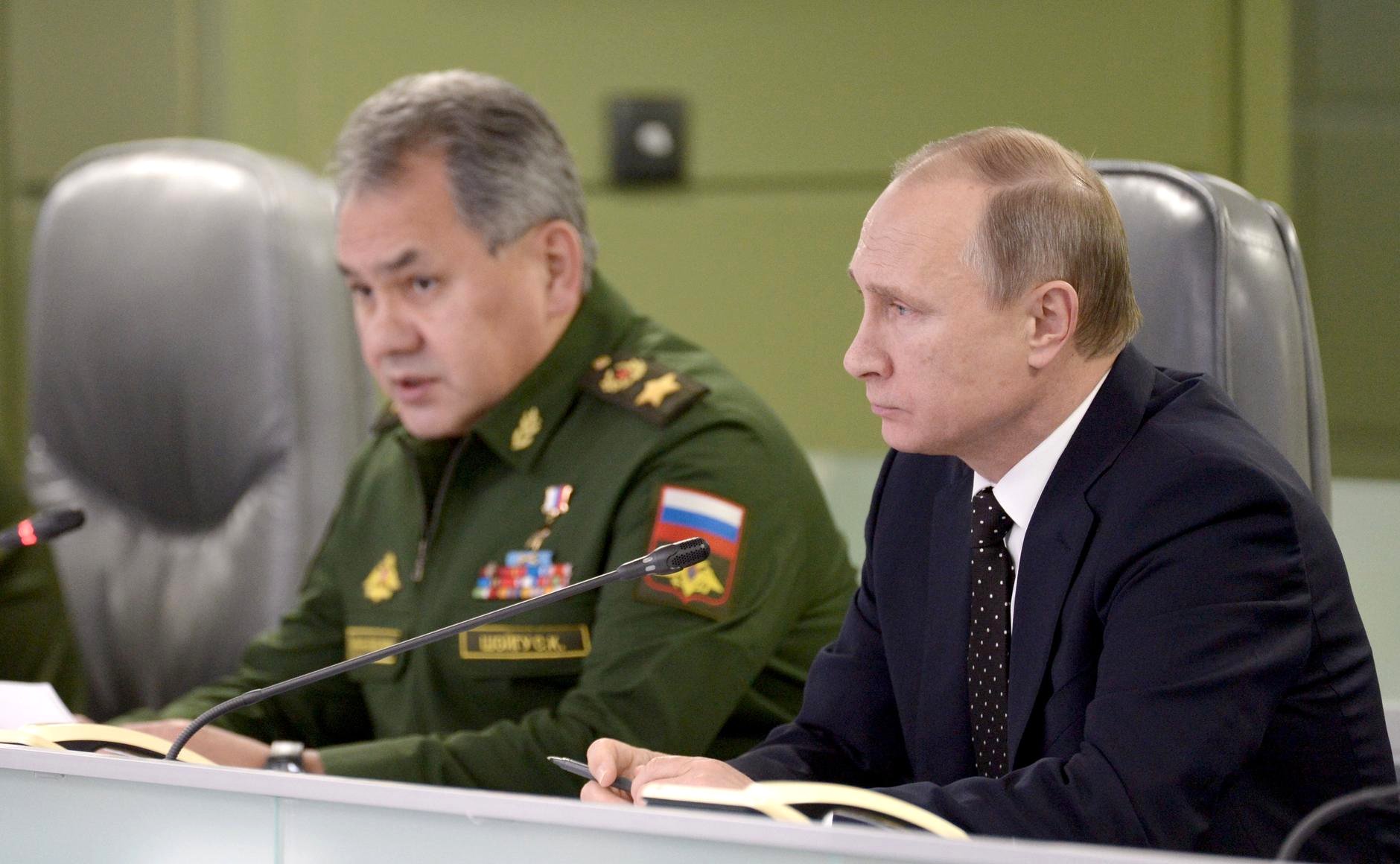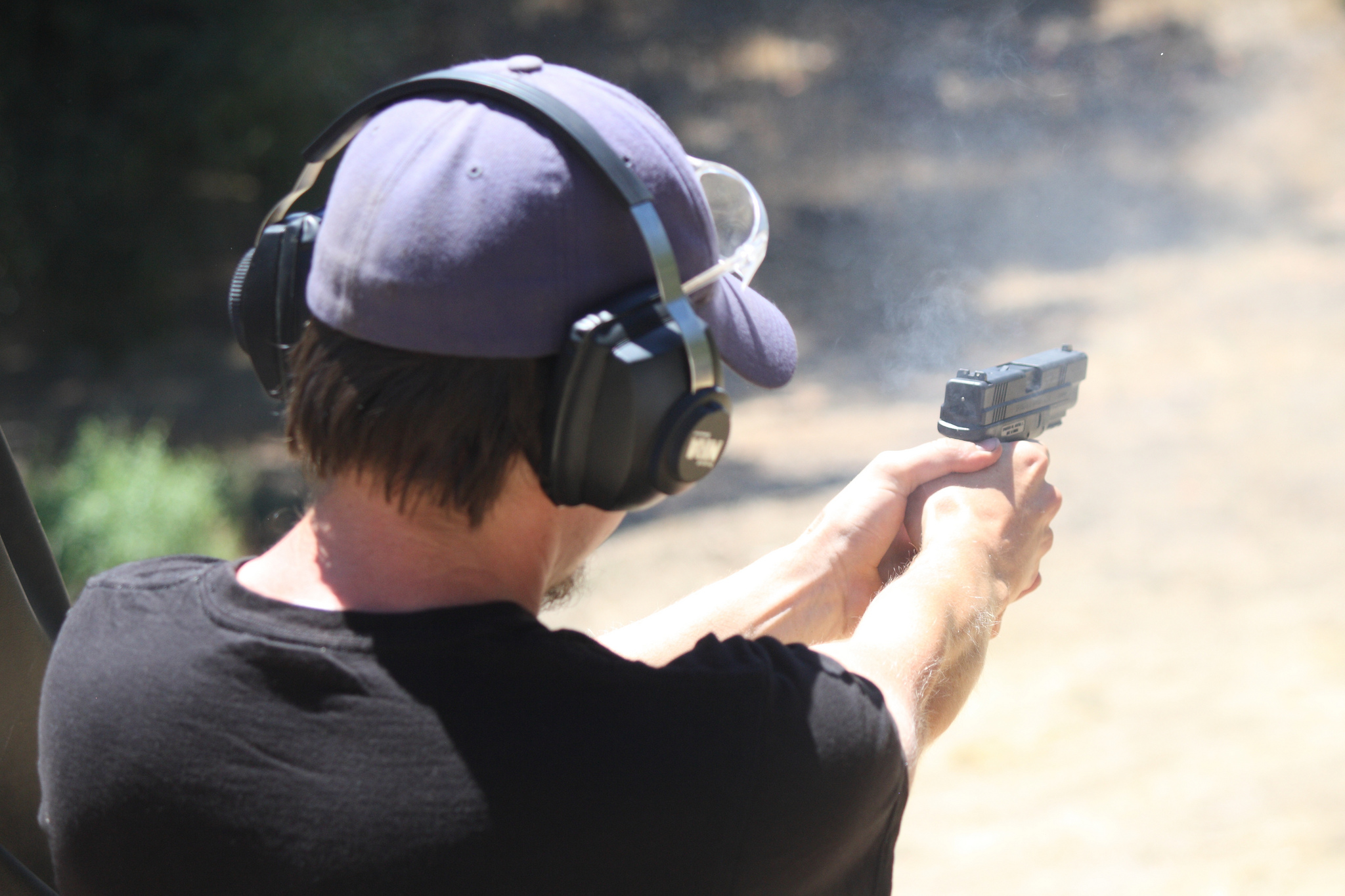With his Ukrainian ‘shock and awe’ blitz grinding on without any quick victory in sight, Vlad the Invader Putin is blaming his generals and top spies for the failure. According to Ukrainian government sources, Putin has fired at least eight of his generals since the start of the war.
‘They changed their leadership. They had about 8 generals removed from their posts because they did not complete the task. Now new ones have been appointed,’ said Oleksiy Danilov, head of Ukraine’s security council.
‘We clearly understand what is happening in the Russian Federation. Moreover, I can say that they are desperate,’ he added, according to the Daily Mail.
Philip Ingram, a security expert and former senior British intelligence officer, told The Times that Putin is obviously ‘very angry’ and is blaming his intelligence agencies. ‘He blames them for seeding him the advice that led to the poor decision-making in Ukraine,’ he said.

The heads of the SVR, GRU and FSB security services apparently gave Putin the bogus intelligence suggesting that Ukraine was weak, riddled with neo-Nazi groups and would crumble and surrender quickly if attacked.
The FSB focuses on domestic intelligence, counterintelligence and security, the SVR is tasked with foreign intelligence and the GRU (now GU) is the Russian military intelligence service.
The FSB and SVR are successors to the Soviet KGB which handled both domestic and foreign intelligence, while the GU is simply a continuation of the Soviet-era GRU. Putin served as a Lieutenant Colonel in the old Soviet KGB.
There are several likely reasons why the Russian intelligence provided to Putin ahead of the operation in Ukraine was so poor. And, while the FSB is mostly domestic oriented, it also has a less-known foreign (5th) service tasked with covering the former Soviet republics, including Ukraine.
The Daily Mail notes that:
Andrei Soldatov, who has monitored the Russian secret service for two decades, told The Times that one possibility is that the organisation is simply not fit for purpose.
Most FSB agents are brought into the service as legacy hires based on their parents or grandparents being agents, he said, and are removed from mainstream schools to be educated in-house.
This is unlike western security services, which tend to recruit from elite universities or colleges to ensure they get ‘the cream of the crop’.
Alternatively, he said, the organisation did gather good intelligence – but was simply too afraid to tell Putin the truth, instead doctoring their reports to appease him.
‘The problem is that it is too risky for superiors to tell Putin what he doesn’t want to hear, so they tailor their information,’ he said.
‘The tailoring probably takes place somewhere between the rank of colonel and general in the FSB.’
Based on this faulty intelligence, it appears that the Kremlin expected little resistance when it sent in relatively light forces backed by limited airstrikes to seize key targets during the invasion’s opening days.
Instead, the Russian advances were met with fierce Ukrainian counterattacks causing the initial invasion to stall while inflicting high casualties on the Russians.
Accurate Russian casualty numbers are hard to confirm but they range from 3,000, according to U.S. sources, up to 12,000 based on Ukrainian estimates, with European intelligence agencies believing the number of Russian troops killed so far is between 6,000 and 9,000.
Whatever figure is right, the number of killed is certainly more than Putin expected when he approved the attack, believing it would be over in just a few days.
And this is a good reason to be firing generals and raging at his top spies, but it should also cause Putin to look in the mirror and see the failures are also his own doing.
READ NEXT: Who’s Next? Putin Could Expand His European War Beyond Ukraine >>
The opinions expressed in this article are those of the author and do not necessarily reflect the positions of The Republican Standard.






